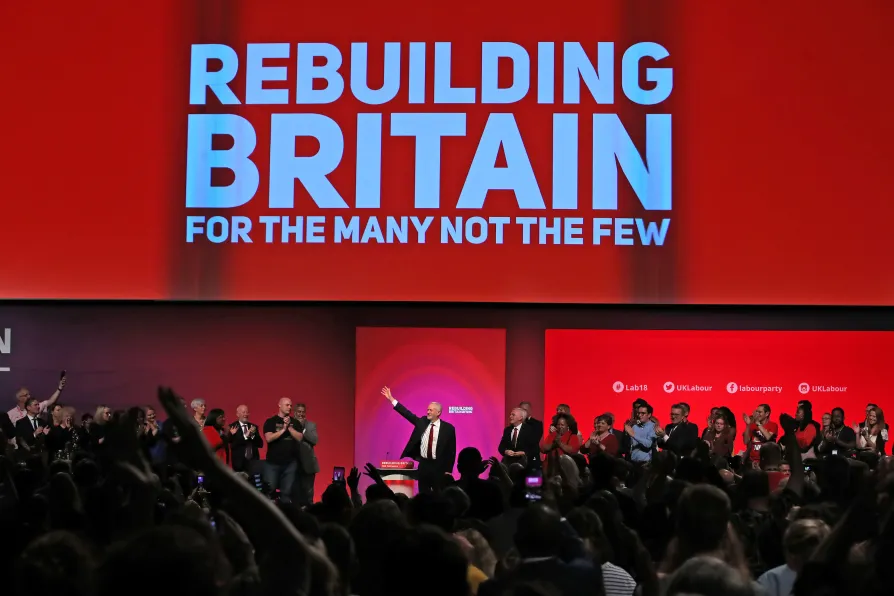Channel 4’s Dirty Business shows why private companies cannot be trusted with vital services like water, says PAUL DONOVAN


IT’S not looking good for European social democracy. With its emblematic parties suffering unprecedented electoral defeats, the essential foundations of its post-war grip on government are fast disappearing.
The electoral statistics are revealing. In the 2017 election the German Social Democratic party attracted just one in five voters, suffering a 5.2 per cent fall in votes.
Over a five-year period the French Socialist Party suffered a 32.4 per cent drop in its votes, shedding 286 seats.

From Gaza complicity to welfare cuts chaos, Starmer’s baggage accumulates, and voters will indeed find ‘somewhere else’ to go — to the Greens, nationalists, Lib Dems, Reform UK or a new, working-class left party, writes NICK WRIGHT

There is no doubt that Trump’s regime is a right-wing one, but the clash between the state apparatus and the national and local government is a good example of what any future left-wing formation will face here in Britain, writes NICK WRIGHT

The left must avoid shouting ‘racist’ and explain that the socialist alternative would benefit all











